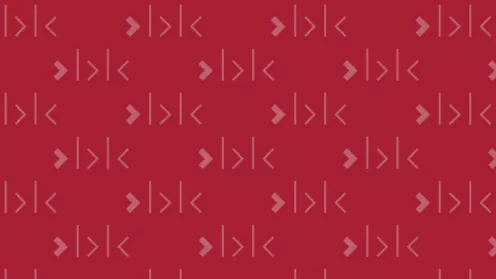
Berkman Klein Center Announces 2020-2021 Community
BKC is pleased to announce incoming and returning fellows, faculty associates, and affiliates for the 2020-2021 academic year.

The Berkman Klein Center for Internet & Society at Harvard University is pleased to announce incoming and returning fellows, faculty associates, and affiliates for the 2020-2021 academic year. Together with BKC faculty, staff, and alumni, the incoming cohort will pursue research, collaborations, and community-building to address issues at the intersection of technology and society, with a commitment to the public interest.
“It’s a pleasure to welcome this new community to the Berkman Klein Center for the upcoming year, and I’m excited to learn from and with this incredible group of scholars, practitioners, and thinkers from around the world,” said Urs Gasser, the Executive Director of BKC. “Community is key to our work at the Berkman Klein Center, and together with our new cohort, we will explore and debate pressing issues through various lenses, share research and ideas, and build upon our robust, inclusive network to create work with real-world impact.”
In light of the ongoing pandemic, the first term of the 2020-2021 academic year will be held remotely – a summons to innovation for an Internet research center. While physical presence, activities, and events have been at the core of BKC’s fellowship program since its inception, we’ve built in regular virtual connection points and meetings, activities, and events to welcome the new cohort and help enrich its work.
Incoming fellows are joined by new faculty associates and affiliates with experience working in companies, organizations, and academic institutions around the globe. These community members form and strengthen the bonds of the growing BKC network of people who bring a broad range of backgrounds, expertise, and perspectives.
“The Berkman Klein fellowship is an opportunity both to dive into the details of difficult and timely problems, and also to take a step back and a more comprehensive look at them,” said BKC co-founder Jonathan Zittrain. “Our aim is to empower people to better understand a challenge, whether they’ve just encountered it or have been grappling with it for years, and to draw in others in a search for creative solutions.”
Rebecca Tabasky, the Center’s Director of Community, noted, “During a moment in time where people worldwide are rising together to demand justice -- racial, climate, economic, LGBTQIA+, gender, disability, immigrant, and beyond -- it is our privilege to welcome such a dazzling chorus of voices to the Center. Together, through their desire to learn and grow in community, and their commitment to the rigorous study of the ways in which the Internet and technologies impact lives, they will help to strengthen and amplify each others' calls for change and progress.”
The BKC fellowship program aims to “create a protocol, a culture, a spirit that puts the emphasis on being open, being kind, being good listeners, being engaged, being willing to learn from one another.” The following individuals will join the BKC community as fellows on September 1, 2020.
Joining the community in 2020-2021 as Berkman Klein fellows:
 Yves Daccord just completed his 10 years tenure as Director General of the International Committee of the Red Cross. Yves is now in the process of creating, together with Dr. Urs Gasser, and leading a PoP-Up Institute at BKC on the control of human flows and the role of cities in the age of digital surveillance and pandemics.
Yves Daccord just completed his 10 years tenure as Director General of the International Committee of the Red Cross. Yves is now in the process of creating, together with Dr. Urs Gasser, and leading a PoP-Up Institute at BKC on the control of human flows and the role of cities in the age of digital surveillance and pandemics. 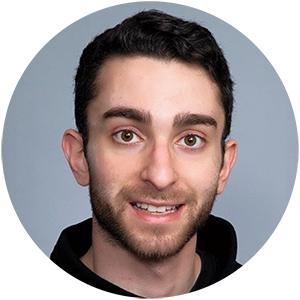 Jad Esber
Jad Esber 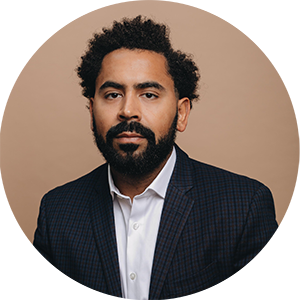
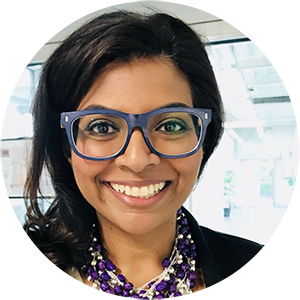
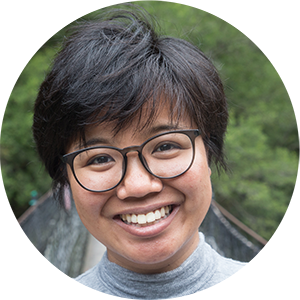
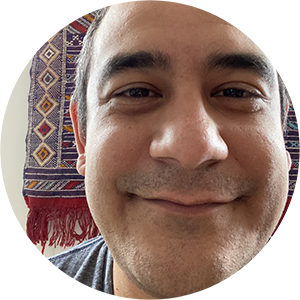
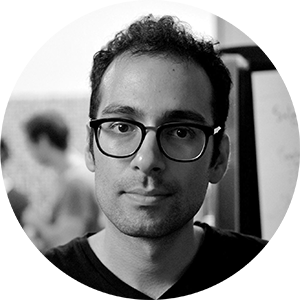
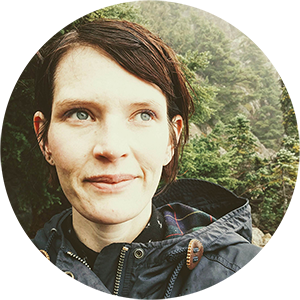
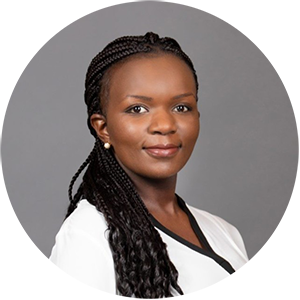
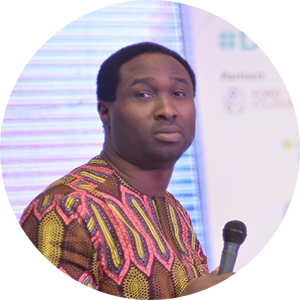
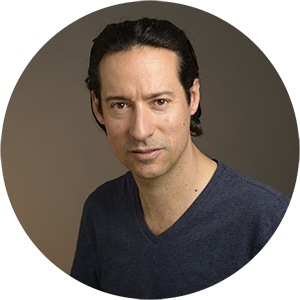
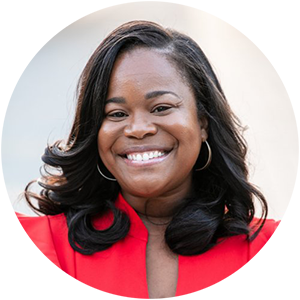
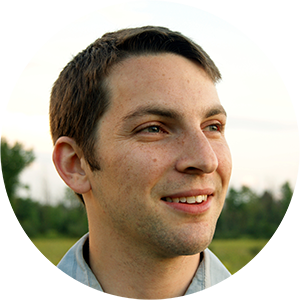
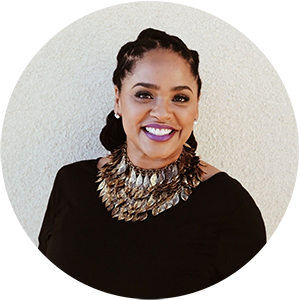




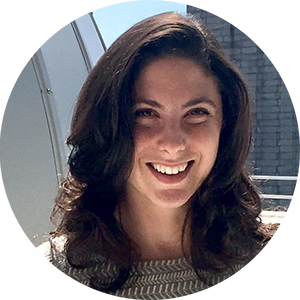
Joining as faculty associates:
Burcu Baykurt, Margaret Bourdeaux, Sameer Hinduja, Barbara Lauriat, Stefania Milan, Laura Robinson, Nishant Shah, Sarah Sobieraj, Latanya Sweeney, Amanda Third, Salil Vadhan, Inês Vitorino Sampaio, Kerstin Vokinger, Jeff Ward, Moira Weigel, Crystal Yang
Joining as affiliates:
Katya Abazajian, Santiago Amador, Lauren Chambers, Kasia Chmielinski, Phoebe Chua, Colin Doyle, Sophie Dyer, Paul Fehlinger, Jonas Fischer, Xianhong Hu, Shagun Jhaver, Sonia Jorge, Laura Larke, Maroussia Lévesque, Eduardo Magrani, Micaela Mantegna, Laura Montoya, Daniel Mwesigwa, Nana Nwachukwu, Thomas Philbeck, Anna Magdalena Polomska, Dario Rodighiero, Claudio Ruiz, Jessy Kate Schingler, Zahra Takhshid, Elodie Viale, Holmes Wilson
Continuing their engagement with Berkman Klein projects as fellows:
Sandra Cortesi, Rosemary Leith, Oumou Ly, Sarah Newman, Momin Malik, Padmashree Gehl Sampath, Bruce Schneier, Hal Roberts, Alexandra Wood
The Berkman Klein Center is proud of and grateful to the following returning community members who will retain affiliations in the coming year.
Returning as faculty associates:
Ifeoma Ajunwa, Danielle Allen, Virgilio Almeida, David Arney, Solon Barocas, John Basl, Susan Benesch, Francine Berman, Fernando Bermejo, Lionel Brossi, Herbert Burkert, Danielle Citron, Sasha Costanza-Chock, Nick Couldry, Primavera De Filippi, Juan Carlos De Martin, Judith Donath, Finale Doshi-Velez, Niva Elkin-Koren, Jeannette Estruth, Christian Fieseler, Mayo Fuster Morell, Christoph Graber, Kishonna Gray, Mary Gray, Eszter Hargittai, Woodrow Hartzog, Samer Hassan, Jérôme Hergueux, Benjamin Mako Hill, Nien-hê Hsieh, Karen Huang, Malavika Jayaram, Dariusz Jemielniak, Leslie John, Jonas Kaiser, Vasilis Kostakis, Harry Lewis, Andres Lombana-Bermudez, Asaf Lubin, Colin Maclay, David Malan, Brandeis Marshall, Tressie McMillan Cottom, Jasmine McNealy, James Mickens, Russell Newman, Dietmar Offenhuber, Desmond Patton, Najarian Peters, Leah Plunkett, Paola Ricaurte, Nagla Rizk, Maria Rodriguez, Aaron Shaw, Hyunjin Seo, Abbey Stemler, Alexander Trechsel, Zeynep Tufekci, Effy Vayena, Sandra Wachter, j. Siguru Wahutu, Apryl Williams, Christopher Wilson, Ethan Zuckerman
Returning as affiliates:
Rediet Abebe, Doaa Abu Elyounes, Nele Achten, Chinmayi Arun, Elettra Bietti, Beatriz Botero Arcila, Doreen Bogdan, Celina Bottino, John Bowers, Scott Bradner, Naniette Coleman, Leonard Cortana, Jack Cushman, Emma Day, Jessica Dheere, Ron Dolin, Joan Donovan, evelyn douek, Brenda Dvoskin, Andy Ellis, Rob Faris, Hannane Ferdjani, Mailyn Fidler, Camille Francois, Nathanial Freitas, Noa Gafni, Mariel Garcia Montes, Dipayan Ghosh, Aaron Gluck-Thaler, Siobhan Grayson, Ben Green, Andrew Gruen, Nikolas Guggenberger, Armando Guio Espanol, Meeri Haataja, David Homa, Lily Hu, Nani Jansen Reventlow, Aida Joaquin Acosta, Amy Johnson, Nathan Kaiser, Rachel Kalmar, Dragana Kaurin, John Kelly, Danil Kerimi, SJ Klein, Jenny Korn, Vivek Krishnamurthy, Maciej Kuziemski, Greg Leppert, Yvonne MacPherson, Ryan Merkley, Sabelo Mhlambi, Mary Minow, Patrick Murck, Timothy Neff, Mutale Nkonde, Juan Ortiz Freuler, Julie Owono, Daniel Oyolu, Quentin Palfrey, Jonathan Penn, Jon Penney, Kathy Pham, Lorrayne Porciuncula, Julia Reda, Elizabeth Renieris, Afsaneh Rigot, Naomi Scheinerman, Elaine Sedenberg, Wendy Seltzer, Boaz Sender, Jake Shapiro, Beau Sievers, Ram Shankar Siva Kumar, Ben Sobel, Fabro Steibel, Gosia Stergios, John Stubbs, Peter Suber, Joana Varon, Salome Viljoen, Todd Wallack, David Weinberger, Jordi Weinstock, Baobao Zhang, Adam Ziegler
Over the course of the 2020-2021 year, additional people may be appointed to join us in the community in the above modes of affiliation.
About the Berkman Klein Center
The Berkman Klein Center for Internet & Society at Harvard University is dedicated to exploring, understanding, and shaping the development of the digitally-networked environment. A diverse, interdisciplinary community of scholars, practitioners, technologists, policy experts, and advocates, we seek to tackle the most important challenges of the digital age while keeping focus on tangible real-world impact in the public interest. Our faculty, fellows, staff, and affiliates conduct research, build tools and platforms, educate others, form bridges and facilitate dialogue across and among diverse communities. More information at www.cyber.harvard.edu